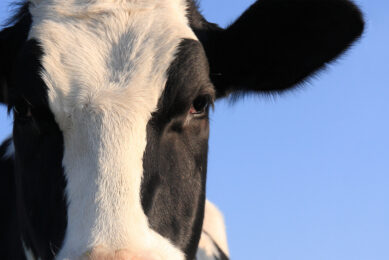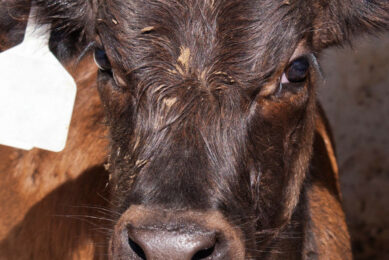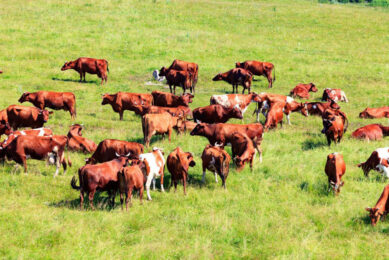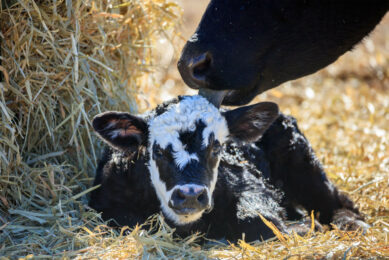Cow breeding concerns, consumers still willing to drink milk
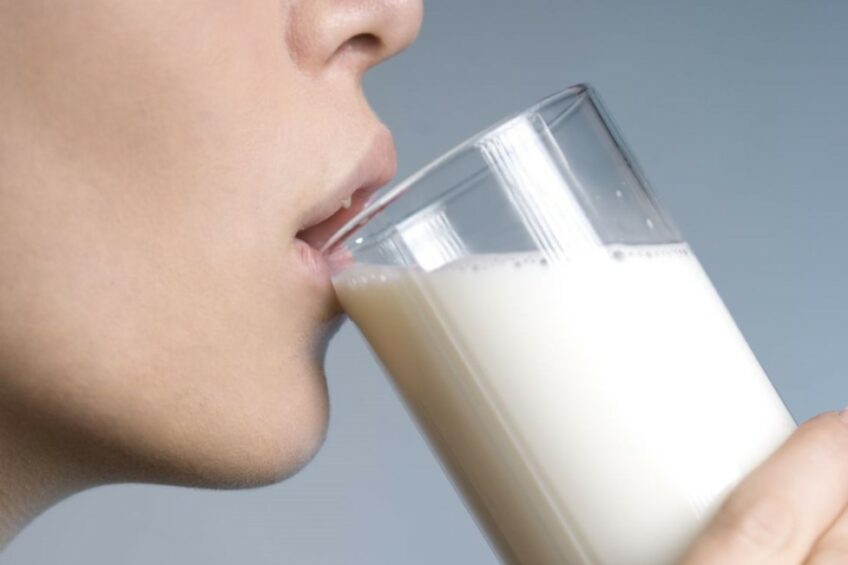
Consumer responses to advanced breeding methods in dairy production have shown some levels of concern but most are still willing to drink cow’s milk.
A Danish study has found that only 1 in 5 people are unwilling to drink milk from cows bred with semen derived from advanced breeding.
Led by Professor Thomas Lund from the Department of Food and Resource at the University of Copenhagen, researchers undertook a cross-sectional study that examined consumer attitudes in 2 ways.
The scientists prompted consumers about general attitudes to assisted reproductive technologies and genetic technologies in dairy cow breeding. They found that most of the participants were critical of cow impregnation involving hormone therapy and the insertion of cloned foetuses.
Dairy cow breeding methods
They then used a vignette experiment to study whether acceptance of and willingness to drink milk varies with the type of technique that farmers use for their breeding work, as well as the traits being bred for, taking into account 5 breeding methods with different levels of complexity.
Participants were randomly assigned to receive tailored information about 1 of the 5 breeding methods. The information specified that dairy farmers’ own use of advanced technologies is limited to using semen in artificial insemination on the farm. The potential concerning technologies here are not applied at farm level but are represented in the semen used in artificial insemination because they were used by breeders on earlier generations of cows and bulls to develop semen with higher genetic merit.
“…the high-frequency organic consumer were very averse to manipulating nature.”
The results showed much less concern about the indirect use of the technologies. Only 1 in 5 participants thought the most advanced method – using semen from breeding methods involving genetic engineering and cloning – was unacceptable.
Unwillingness to drink milk from cows produced through such a breeding method was also modest (18%) and not much higher than the unwillingness to drink milk from a cow produced by natural fertilisation (10%). The researchers felt the 18% level was so low because people regard genetic engineering as distant from the final product.
The study also found that high-frequency organic milk consumers were more critical of advanced breeding methods, with 28% unwilling to drink milk from cows impregnated with semen derived from earlier generations of cows and bulls bred using gene editing and cloning. This showed that the high-frequency organic consumer was very averse to manipulating nature.
They concluded that the organic sector might need to cater for this subgroup by ensuring the traceability of the semen that organic farmers use to inseminate their cows artificially.
Milk substitutes
But the fact there is a rump of consumers concerned about drinking dairy milk is prompting companies to develop sustainable dairy alternatives. MOMA Foods, a UK oat milk producer, is working with Teesside University to optimise its oat milk to explore the potential for new product lines.
The project aims to develop new methods of testing the quality of oat milk on-site through the development of a new monitoring tool which will analyse fat and protein content. It will also work with suppliers to optimise ingredients and look at new ways of developing new strains of enzymes to break down the oats.
The project, partly funded by Innovate UK, is helping refine ingredients to ensure the right combination of enzymes was being used to break down the starch in the oats and result in a product that could foam and did not split when added to hot liquid.
Tom Mercer, the founder of MOMA Foods, said: “Oat milk has the potential to be an incredibly sustainable alternative to dairy products, helping cut greenhouse gas emissions by reducing methane from dairy herds and using ingredients which can easily be grown in this country.”
Join 13,000+ subscribers
Subscribe to our newsletter to stay updated about all the need-to-know content in the dairy sector, two times a week.



